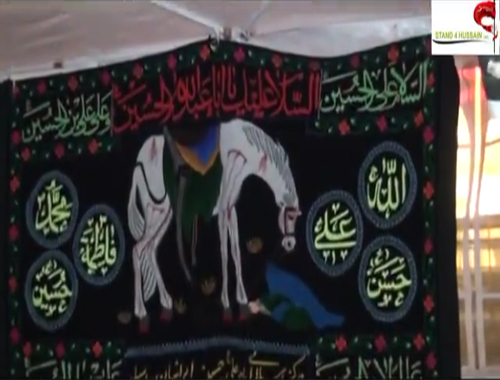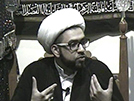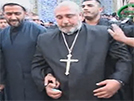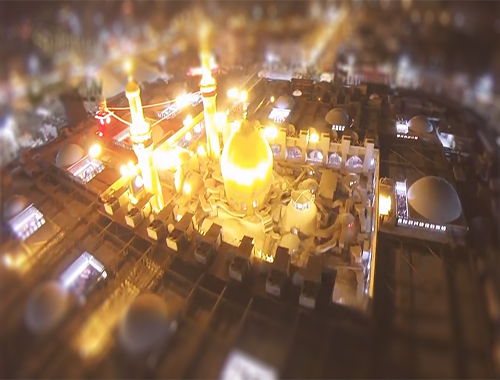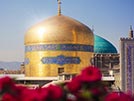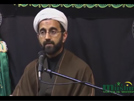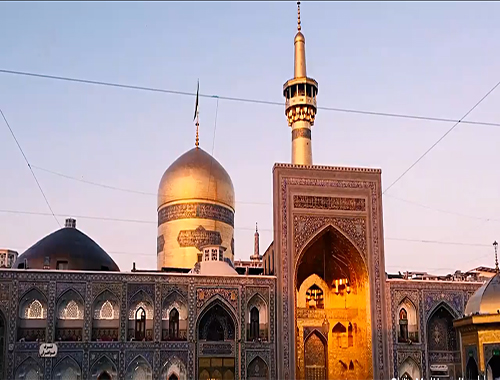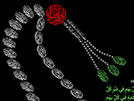verse117-118
- Details
- Hits: 2372
(117) ما قُلْتُ لَهُمْ إِلاَّ ما أَمَرْتَنِي بِهِ أَنِ اعْبُدُوا اللَّهَ رَبِّي وَ رَبَّكُمْ وَ كُنْتُ عَلَيْهِمْ شَهِيداً ما
دُمْتُ فِيهِمْ فَلَمَّا تَوَفَّيْتَنِي كُنْتَ أَنْتَ الرَّقِيبَ عَلَيْهِمْ وَ أَنْتَ عَلى كُلِّ شَيْءٍ شَهِيدٌ
(118) إِنْ تُعَذِّبْهُمْ فَإِنَّهُمْ عِبادُكَ وَ إِنْ تَغْفِرْ لَهُمْ فَإِنَّكَ أَنْتَ الْعَزِيزُ الْحَكِيمُ
117. " I did not say to them (anything) except what you commanded me with; (saying) : ' That worship Allah, my Lord and your Lord.' And I was a witnessto them so long as I was among them. But when You took me up, You were the Watcher over them, and You are witness to all things."
118. " If You punish them, then surely they are Your servants; and if You forgive them, then You are indeed the Mightly, the Wise."
Commentary :
Prophets are infallible and do not do anything but the command of Allah. They cause no change in the Divine revelation.
Prophet Jesus (a.s.) considered himself as other people and trained by Allah. However, prophets are witnesses to the deeds of people. The verse says :
" I did not say to them (anything) except what you commanded me with;(saying) : ' That worship Allah, my Lord and your Lord.' And I was a witness to them so long as I was among them. But when You took me up, You were theWatcher over them, and You are witness to all things."
* * * *
In the above-mentioned second holy verse, Jesus (a.s.) introduces himself as a good-for-nothing one, and, depending the acts of punishment and forgiveness on Allah, he confesses that he has no ability nor effectiveness in this regard. It is only He (s.w.t.) Who has authority over His Own servants. He may punish them or forgive them as He pleases. Neither His forgiveness is a sign of weakness, nor His punishment is undue and unwise.
The verse says :
" If You punish them, then surely they are Your servants; and if You forgivethem, then You are indeed the Mightly, the Wise."
As Abuthar has narrated, one night the holy Prophet (p.b.u.h.) repeated this verse again and again until morning. He (p.b.u.h.) recited it in his prayers when he bowed down and prostrated. He asked for forgiveness so much so that it was bestowed to him.(1)
* * * *
(1) Tafsir-i-Maraqi, Vol. 7, P. 66


